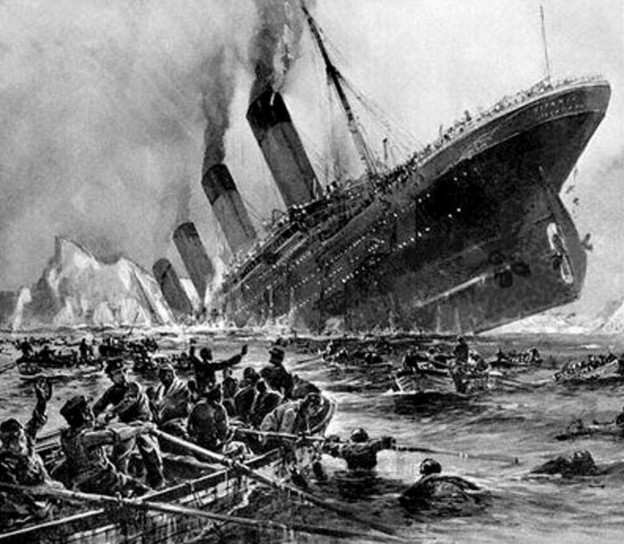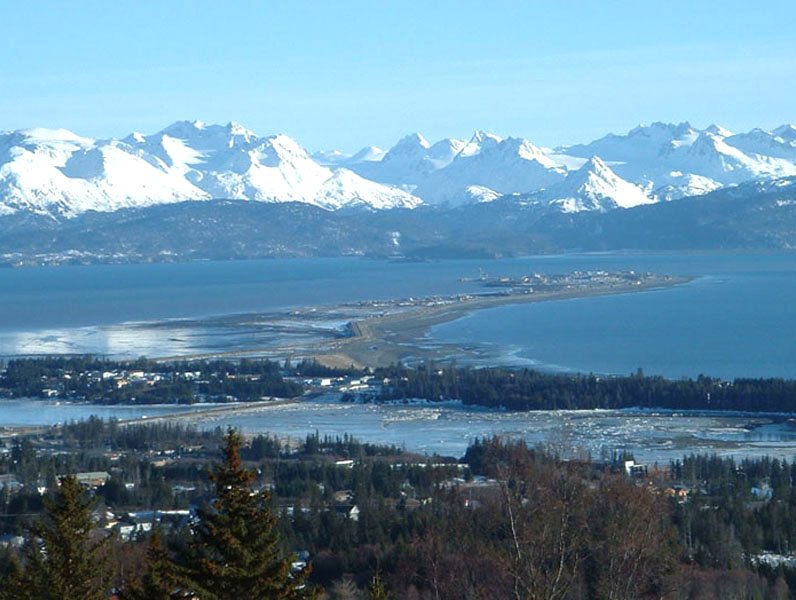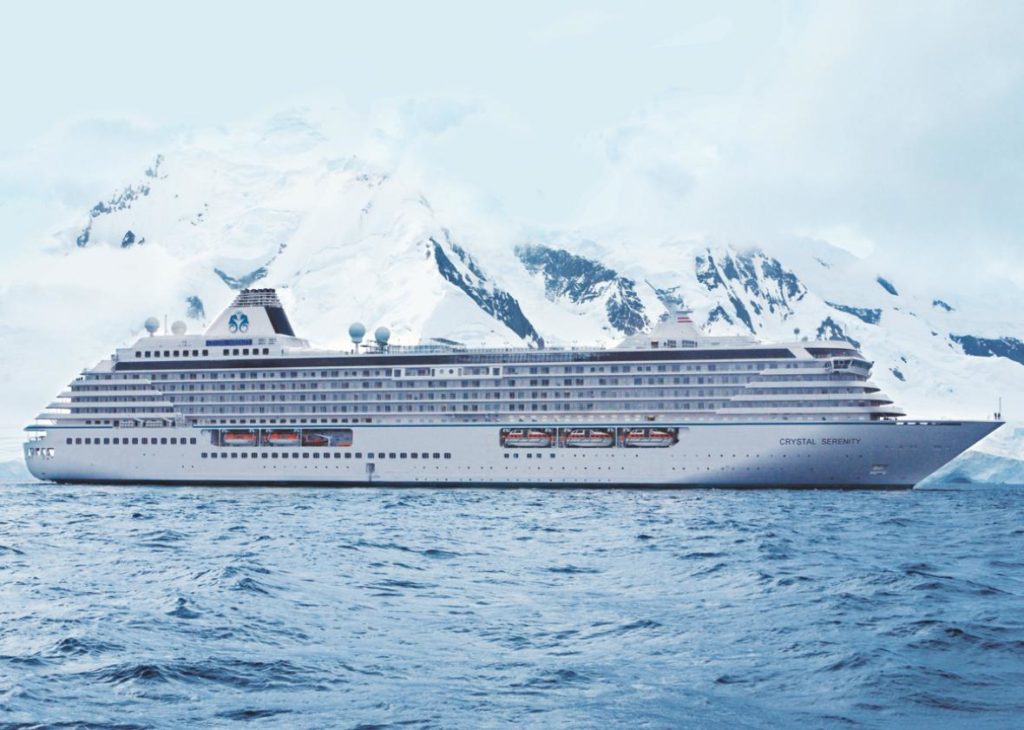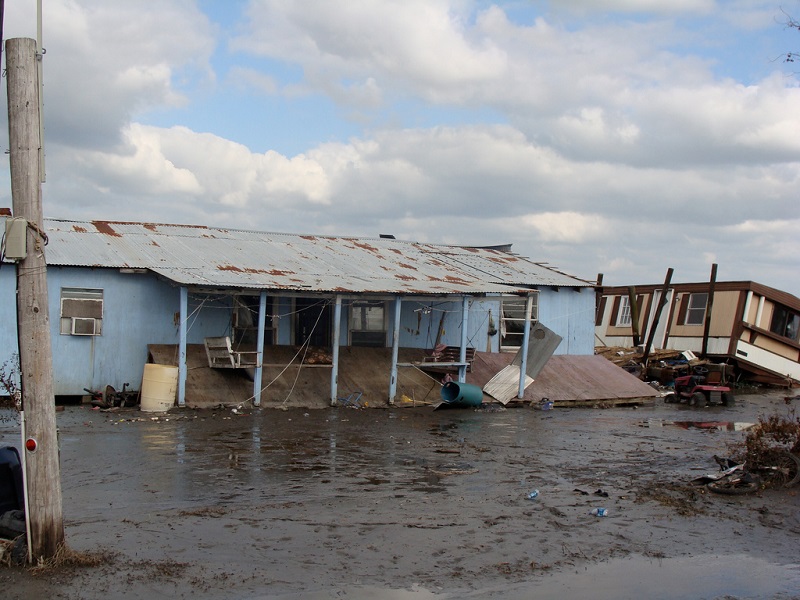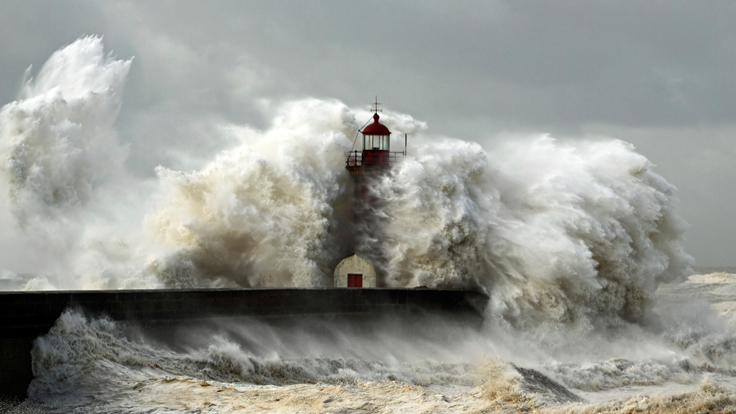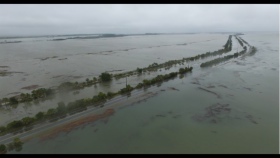Podcast: Play in new window | Download
Subscribe: RSS
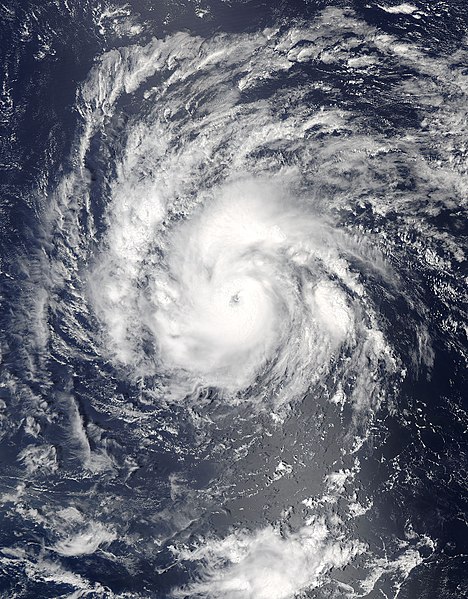
Meet Hurricane Irma. Her cloud is not mushroom-shaped, but it’s a greater threat to our well-being than Korea. (Wikimedia photo)
For years a gathering storm of mortal threats to our well being, threats obscured by the Kabuki Theater of national politics, threats ignored by the Keystone Kops who pretend to be our leaders, threats fueled by the Masters of the Universe who are happily burning the world to stay rich a little longer, threats to our food and water and air and shelter and climate — all these threats have gathered, and worsened, and all this time we’ve wondered: where’s the breaking point?
Hurricane Irma may well decide. If she fulfills the worse expectations of her — and recent storms such as Harvey have wildly exceeded the worst expected of them — she will barrel into Miami, or close along the vulnerable Florida Coast, as a monster Category Five hurricane. If she does, she could well break us.
Before Harvey hit, FEMA was bankrupt, by any normal measure, it was holding $20 billion in debt that it has no possible way to repay. The fact that this debt is to the US government does not alter the fact that it is debt which, if not repaid, could ruin the deeply indebted creditor. Now, the governor of Texas says his state will need $120 billion to rebuild. Continue reading
